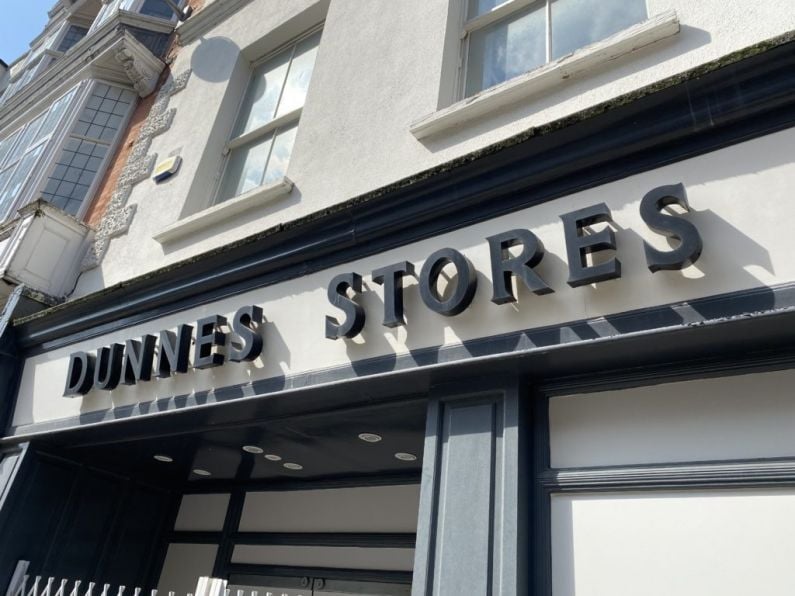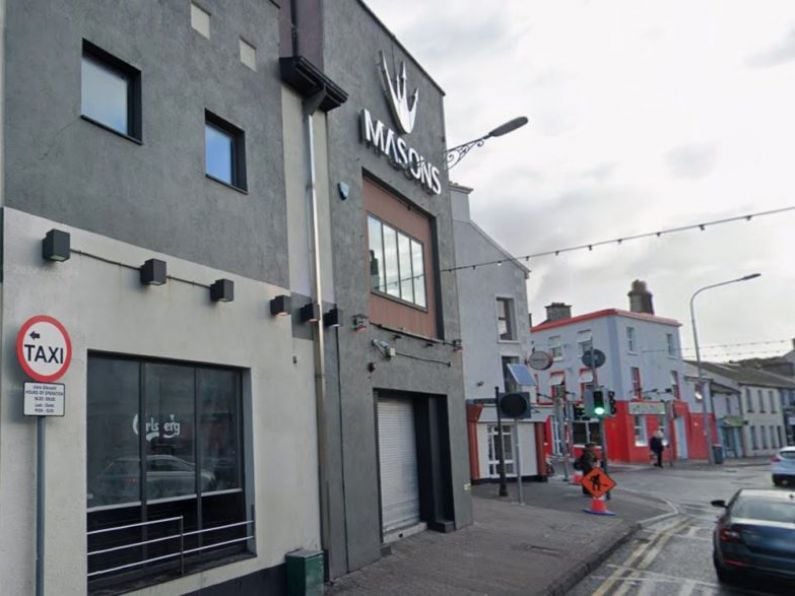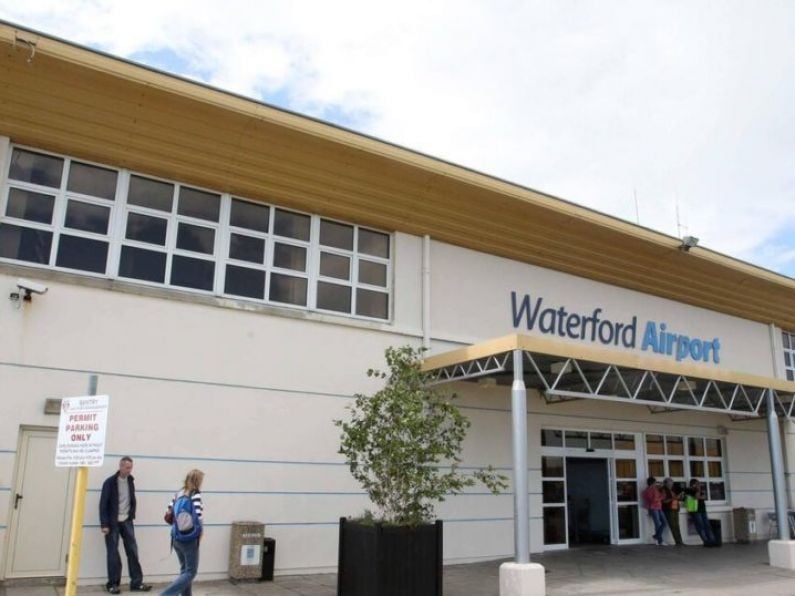The Dunnes Stores' property director has accepted before the High Court that a number of items which he considered not to be groceries were sold by the store as groceries when included in its ongoing cash discount offer.
Mark Clifford said he did not consider items like a USB adapter cable and a ream of paper bought from the store were groceries, but agreed a shopper had got a €10 discount on the basis that they were included in items bought in a Dunnes outlet on Wednesday.
He said these were regarded as groceries for the purpose of the promotion and to do otherwise would cause confusion among shoppers. They were otherwise ancillary items in the grocery business, he said.
Mr Price outlet
He was being cross-examined in an action in which the court has been asked to decide what constitutes groceries for the purpose of whether a permanent injunction should be granted to prevent a Mr Price outlet selling certain items.
The case concerns the opening of a Mr Price store in the Barrow Valley Retail Park in Carlow where Dunnes is the anchor tenant in its 65,000 square foot premises.
Dunnes says under agreements before it becomes an anchor tenant it requires an exclusivity clause for it whereby leases to other units in the same centre would not be in competition with the supermarket.
Arising out of the opening of the Mr Price store last year, Dunnes and the retail park landlords, Camgill Property A Sé Ltd, brought proceedings against Dafora Unlimited Company and Corajio Unlimited Trading as "Mr Price Branded Bargains".
Mr Clifford told Rossa Fanning SC, for the defendants, no legal action had been taken against another store in the Barrow Valley called "To Go" which had also been selling items which Dunnes believed breached the restriction on its tenancy.
This was because after engaging with that store the lines were removed. While some may have remained recently in the To Go store, they were not on the same scale as in the Mr Price store, he said.
Categories
Mr Clifford considered groceries to be items that are frequently purchased as part of a weekly shop which are widely available in a supermarket. The question of what is considered grocery and non-grocery is dealt with by the chain store's purchasing department, he said.
Mr Fanning put it to him that the categorisation of groceries was used by Dunnes in its "excellent value for the consumer discount offer which I avail of myself" where shoppers get a €5 discount on their next shop if they spend €25 and €10 if they spend €50.
For this purpose, the solicitor for the defendants in this case had in recent days bought a number of items which were categorised as groceries to avail of the discount. These included a set of highlighter pens, a water filter jug, USB cable adapter and a ream of paper.
Mr Clifford said it was his view these were not groceries, but other items purchased by the solicitor, including refuse sacks and face masks, would be considered groceries by him.
Counsel put it to him there was an inconsistency between what he regarded as groceries and what Dunnes said were groceries. He said like all supermarkets, Dunnes have ancillary items and lines for the purposes of promotions.
In re-examination by Dunnes own counsel, Martin Hayden, Mr Clifford said to strip out the non-grocery items in special offers would cause confusion among shoppers.
Damien Conway, a director of Dunnes co-plaintiff and retail park landlord, Camgill, told the court he agreed with Dunnes position. While he was not a retail specialist he would be guided by those in the industry who are.
The case continues.












